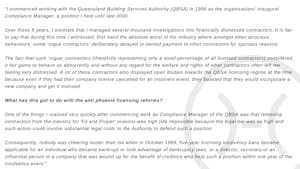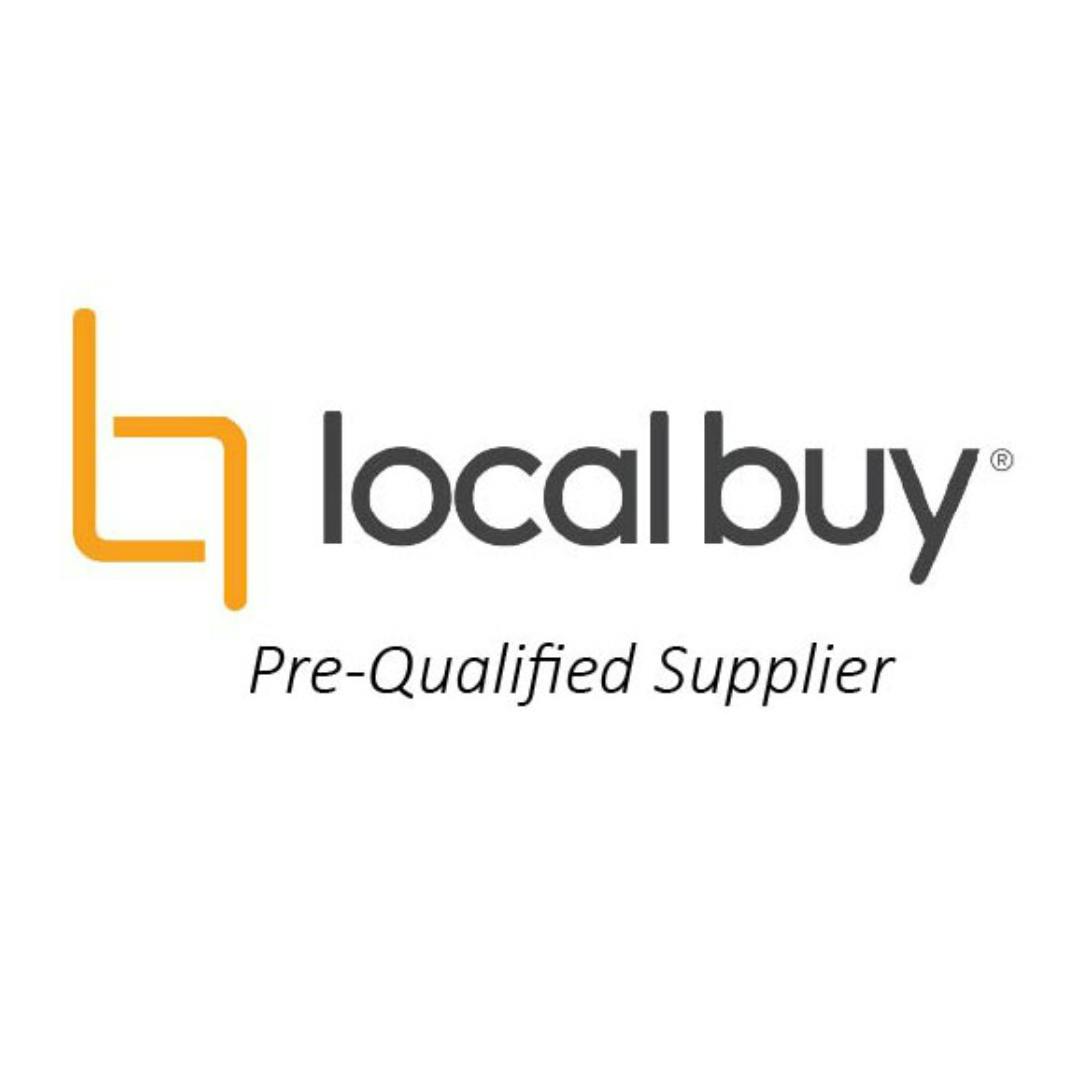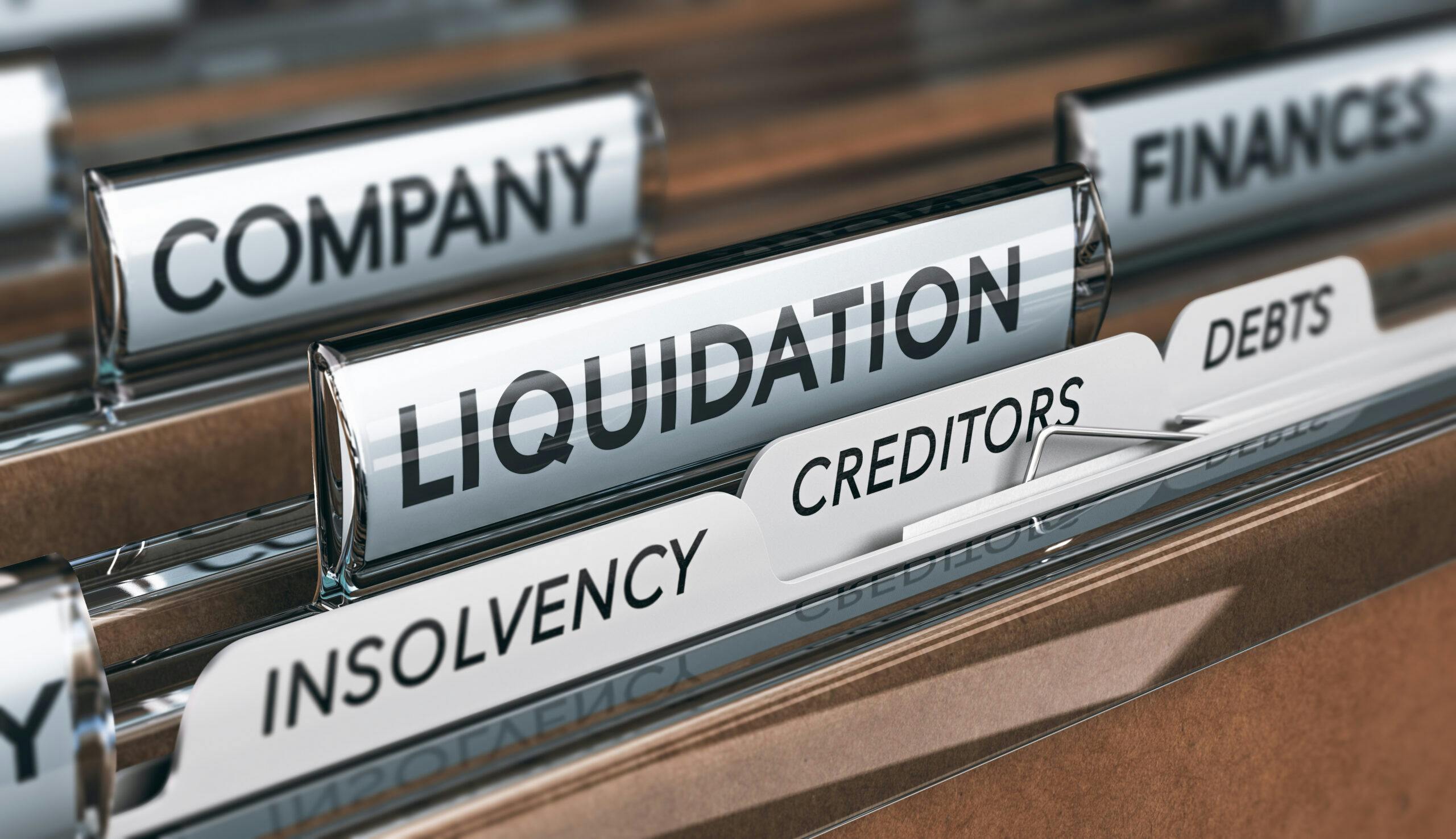Anti phoenix licensing provisions are catching Security of Payment culprits and victims.
Anti phoenix licensing provisions are catching Security of Payment (SOP) culprits and victims in a Covid-19 ‘perfect storm’. These provisions are designed to prevent people from lawfully and personally contracting if they are associated with company collapses. This also includes being meaningfully involved with the contracting companies.
I want to make it clear that I believe there is a need for anti phoenix licensing provisions. Especially in the construction industry.
However, I believe that the current anti phoenix licensing provisions are not ‘fit for purpose’ in 2022. In a nutshell, the current anti phoenix licensing net is catching SOP victims. I am of the view that these provisions need to recognise the unique and challenging circumstances parties are navigating.
Background on anti phoenix licensing provisions
I have a close association with anti phoenix licensing provisions, dating back 23 years ago. I fully agree with the legislative purpose behind them.
As very well expressed in a QBCC facts sheet:
“To ensure public confidence in QBCC’s licensing system and to promote security of payment in the building and construction industry, the Queensland Building and Construction Commission Act 1991 (the Act) contains anti-phoenix provisions which prevent those responsible for poor financial management from running a business in the industry.”
In an article I published in December 2017 titled ‘Anti Phoenix Licensing Net Expanded’, I stated:

Please note that anti phoenix licensing provisions have undergone some major changes since 1999. In this article, other than one major change that I will address below, I will not address any other changes.
Current position on anti phoenix licensing provisions
This QBCC fact sheet outlines the current provisions. Significantly, an ‘excluded person’ cannot hold a QBCC Contractor, Nominee Supervisor or Site Supervisor licence. They cannot be in a position of control or influence for a QBCC licensed company. Both of these requirements last for three years from the date of an insolvency event.
A person involved in two separate (but relevant) insolvency events may face a life time exclusion.
Can an ‘excluded person’ persuade the QBCC that they should not be classified as an ‘excluded person’?
Yes, however I must say that the bar is incredibly high in this regard.
Under section 56AC(4) of the QBCC Act, a person is an “excluded individual” unless they can satisfy the commissioner that at the time, the individual ceased to be an influential person, director or secretary for the construction company while the company was solvent.
To assist affected persons in this regard, the QBCC published a guidance ‘assessment of solvency’ statement.
The QBCC provides and recommends what should be in company solvency submissions. These include an examination of cash flows, net assets, and consideration of 14 insolvency indicators outlined in the guidance statement.
I would like to see the return of the ‘permitted individual’ concept
The excluded individual provisions in section 56AF were amended as of 1 July 2015. This removed the ability to apply and become a ‘permitted individual’.
To become a ‘permitted individual’ the excluded person had to prove they took all reasonable steps to avoid the causes of the insolvency event, or that it was entirely outside their responsibility and they could not have avoided the relevant financial failure.
I have been banging this drum for some time!!
I published an article 2 years ago titled ‘Economy in recession will cause major insolvency issues for the construction industry’. In regard to the ‘excluded persons’ provision, I stated:
“In summary, currently, there is no licensing forgiveness in terms of insolvency, even in these unprecedented times.”
Final thoughts
The current ‘one size fits all’ approach to anti phoenix licensing provisions is not appropriate. We need to consider where businesses may become insolvent in extraneous circumstances. These include insolvency overnight as a result of financial stress or an insolvent party failing to meet their contractual obligations.
Let’s take a minute to envisage how many potential subcontractors are struggling to survive after the Probuild or Condev collapse. The unfortunate reality is that ceasing work for these companies might lead to them suffering a cashflow crises. If this is not managed properly, it can lead to insolvency. This is in addition to them becoming unsecured creditors for work performed and the recovery of cash retentions.
Some of these subcontractors have succumb to insolvency as a result of being victims of the Probuild or Condev collapse. I would argue then that they should not be banned from holding a QBCC licence. If directors or key company personnel took all reasonable steps to prevent this from happening, why should they be banned?
During the COVID-19 crisis, these challenges were recognised and there was a short term relaxation of insolvency laws.
In an article I published in March 2020 titled Coronavirus crisis triggers short-term relaxed insolvency laws, I stated:
“I will publish more articles on how I believe all laws, regulations and policies relating to the construction industry must be urgently reviewed by governments. I have heard it said many times that this is a one in hundred-year event. Consequently, the regulation of the industry must be temporarily adjusted to reflect this reality.”
The industry is in a “perfect post-COVID-19 storm”. Insolvencies, materials costs, delays and disruptions to supply and labour markets are at an all time high.
I am of the view that the anti phoenix licensing provisions should recognise these Covid-19 realities.
Not intended as legal advice. Read full disclaimer.


